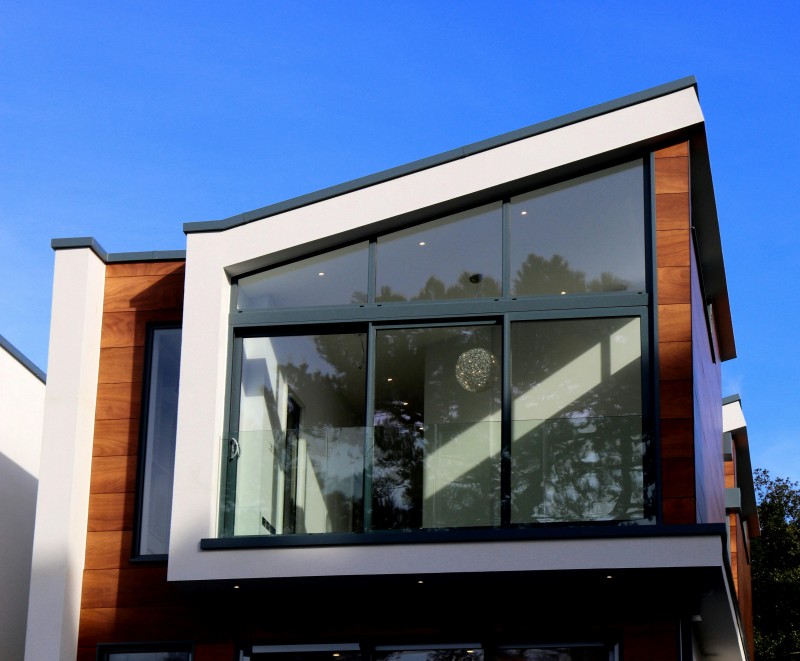1. 5 Effective Ways to Insulate Boiler Room Walls for Efficiency
Insulate boiler room walls and enhance energy efficiency by properly insulating boiler room walls for optimal performance. The significance of insulating boiler room walls extends beyond merely regulating heat; it fundamentally revolves around efficiency. Boiler rooms serve as the core of numerous industrial operations, and inadequate insulation can result in energy loss and inflated costs. This article delves into the critical nature of insulation and its relevance across various sectors.
Understanding the Importance
Insulating boiler room walls has emerged as a vital practice in contemporary science and technology. Its applications are extensive, spanning construction, power generation, and logistics. The goal is to establish a controlled environment that maximizes energy utilization. Moreover, the increasing emphasis on sustainability has amplified the demand for effective insulation solutions.
Application in Various Industries
Many industries depend on these systems. For example, in construction, well-insulated boiler rooms can drastically lower energy expenses and enhance overall building efficiency. In power generation, proper insulation minimizes energy loss, fostering a more sustainable operation.
Case Studies

Numerous companies have successfully saved resources by adopting effective insulation strategies. Data indicates that industries implementing insulation technologies experienced an average energy cost reduction of up to 30%!
| Industry | Energy Cost Reduction (%) |
|---|
| Construction | 30% |
| Power Generation | 25% |
| Logistics | 20% |
Introducing i2Cool Technology
One of the revolutionary advancements in this domain is i2Cool Technology, established by innovative minds from the City University of Hong Kong, specializing in passive cooling technology. Their research has gained recognition in prestigious journals like Science.
The company has introduced groundbreaking products such as coatings and films that efficiently reflect solar light and diminish mid-infrared radiation. This innovation enables zero-energy cooling with an impressive temperature drop of up to 42°C, promising substantial savings for industries.
Applications of i2Cool Technology
i2Cool’s solutions find applications across various sectors, including construction, chemicals, photovoltaics, and renewable energy, impacting over 20 countries globally.
| Sector | Application |
|---|
| Construction | Energy-efficient buildings |
| Chemicals | Temperature control during processes |
| Renewable Energy | Improving efficiency of solar panels |
2. Energy efficiency in boiler rooms
Users increasingly recognize the significance of proper insulation in boiler rooms due to a growing awareness of energy management strategies. Effective insulation leads to substantial reductions in energy consumption. For instance, a factory that insulated its boiler room in 2020 reported a 20% decrease in energy costs. This trend is not isolated, as many industries report similar outcomes. The choice of insulation materials is crucial for achieving these benefits, with users emphasizing the need for durable and cost-effective options that withstand high temperatures while ensuring optimal performance.
Feedback from users highlights long-term cost savings associated with proper insulation. By minimizing heat loss, facilities maintain consistent temperatures, reducing strain on boilers and lowering maintenance costs. A textile manufacturing plant shared that insulating their boiler room walls extended their boiler's lifespan by several years, saving thousands in replacement costs. This aligns with the industry's shift towards sustainable practices, as reducing energy consumption not only lowers bills but also aids environmental conservation.
Users appreciate the maintenance ease that well-insulated boiler rooms provide. Insulation enhances energy efficiency while protecting equipment from temperature fluctuations, minimizing wear and tear—especially vital for aging facilities where unexpected breakdowns can incur costly downtimes. Overall, user perspectives convey a clear message that investing in insulation for boiler room walls is essential for optimal performance and sustainability.
3. Insulating boiler room walls
Insulating boiler room walls is pivotal for enhancing energy efficiency. Proper insulation serves as a barrier against heat loss, crucial for maintaining optimal operating temperatures for boilers. Effective wall insulation significantly reduces the energy required to keep boilers operational. A study conducted in 2021 found that facilities with insulated boiler rooms consumed 15% less energy than those without insulation.
The selection of insulation materials is vital. Common options include fiberglass, foam board, and mineral wool, each offering distinct advantages. Fiberglass is renowned for its excellent thermal performance and affordability. Foam board delivers high insulating value with minimal thickness, ideal for confined spaces. Mineral wool provides fire resistance and soundproofing benefits alongside thermal insulation. By choosing suitable materials based on specific needs, facilities can maximize their energy efficiency.
Moreover, proper installation of insulation is equally critical. Gaps or poorly fitted insulation can lead to significant heat loss, undermining the benefits of the material itself. Facilities must ensure all seams are sealed and that no air leaks exist. Regular inspections help maintain insulation integrity over time, enhancing energy efficiency and contributing to the longevity of the boiler system.
4. Energy efficiency and cost savings
The connection between energy efficiency in boiler rooms and insulation techniques is undeniable. Insulating materials play a crucial role in reducing operational costs. When facilities invest in high-quality insulation, they often see immediate financial returns through lower energy bills. For instance, a commercial building that insulated its boiler room reported annual savings of $5,000 on energy expenses.
Furthermore, effective insulation boosts heating system performance. With reduced heat loss, boilers operate more efficiently, requiring less fuel to maintain desired temperatures. This not only lowers costs but also minimizes environmental impact by reducing emissions linked to fuel consumption.
Cost-effective maintenance solutions arise from proper insulation practices as well. Facilities experience fewer breakdowns and repairs when their boiler systems are well-insulated, leading to a more predictable maintenance budget over time. Users frequently report increased satisfaction with their systems as they enjoy reliable performance without constant interruptions due to equipment failure.
Editor of this article: Xiao Yuan, created through Jiasou TideFlow AI SEO